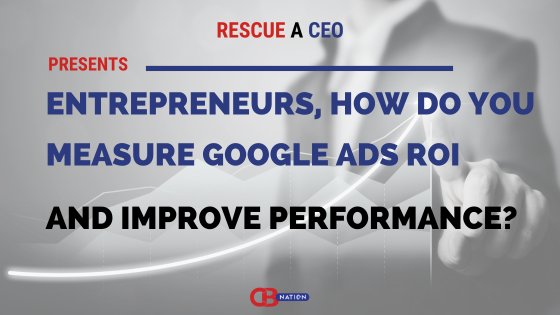Although CEOs may not often be thought of as “lonely,” when concerns arise about an employee, sales trajectories, the economy, or how to handle any one of the dozens of problems they face each day, to whom does the harried executive turn? The CEO cannot confide in an employee, typically; seeking the advice of a direct competitor is also unwise. And the same could hold true for boards of directors.
Peer groups, however, can offer an executive the advantages of a “safe haven” in the business world. In fact, peer-to-peer advisory groups are considered the emerging model for business today, as they offer a model of shared learning among non-competing business owners, CEOs, and other senior business executives.
The framework of a peer advisory group is typically built upon peer-to-peer mentoring and accountability. A group of senior executives commit to regularly meet. Their conversations are confidential, and they come to listen to their peers and offer suggestions as well as talk about their own challenges and successes. Members are vetted before joining the group to ensure that potential conflicts are avoided and hidden agendas are discouraged.
The benefits of this type of setup are numerous. Fresh perspectives are offered, as are new ideas, as leaders engage in conversations with other peers that represent a wide range of professions, industries, and life experiences. As Emre Soyer and Robin M. Hogarth argue in their Harvard Business Review article, “Fooled by Experience,” “A successful creative endeavor involves input from a diverse set of people. If everyone is simply trying to conform, the group cannot benefit from people’s backgrounds, perspectives, and experiences.” But it’s important to make clear that these peers don’t offer solutions; rather, they offer constructive feedback that allows the executive to find his or her own solution.
Perhaps paramount to the success of this type of group is accountability. In this setting, the executive commits to a plan of action in front of his or her peers – with the knowledge that, at the next meeting, those peers will want to hear about the outcomes of that plan of action. In fact, this accountability is a great motivator, both in terms of following through, as well as in spending more energy on ensuring the quality of the plan initially.
In addition to the discussion of new products, growth projections, and employee morale, these types of groups also offer participants the chance to talk about and gain feedback on bigger business-related topics, like industry trends, current events, and global impact. Guest speakers are often invited, adding an additional expert opinion on issues with wide ranges of relevance.
These groups also offer opportunities to touch on more subjective topics. Conversations like how to be a better leader, how to realize your dreams, and how to overcome some of life’s biggest trials are perhaps uncommon in the board room but can be commonplace in a peer advisory group.
In fact, the conversations can oftentimes take directions that no one member could potentially anticipate, and that can be a very good thing. Again, as Soyer and Hogarth state, “Being open to the unexpected is also crucial for individuals. A wide perspective can help, giving new meaning to our varied experiences and allowing us to learn from them and draw on them in surprising ways. The result is often serendipitous discovery and innovation.”
Yet while peer advisory groups may not be just about business, there’s little argument that these groups enhance business outcomes. In fact, some studies show that the businesses of CEOs who are in peer advisory groups grow at a rate three times faster than those businesses whose leader is not a member of a similar group.
Peer advisory groups offer a business model for holistic success.
—
Phillip C. Thomas is Senior Vice President/Regional Executive, Northeast, for Vistage International, one of the world’s largest and most established CEO development organizations, which creates and facilitates private advisory boards for CEOs, senior executives, business owners, and professional advisors. Nearly 20,000 members in 16 countries have access to one-to-one executive coaching, expert speakers, and a global network of business leaders through Vistage. For more information, email Phillip at [email protected].


















































 |
|